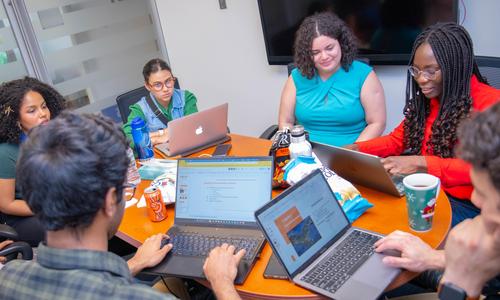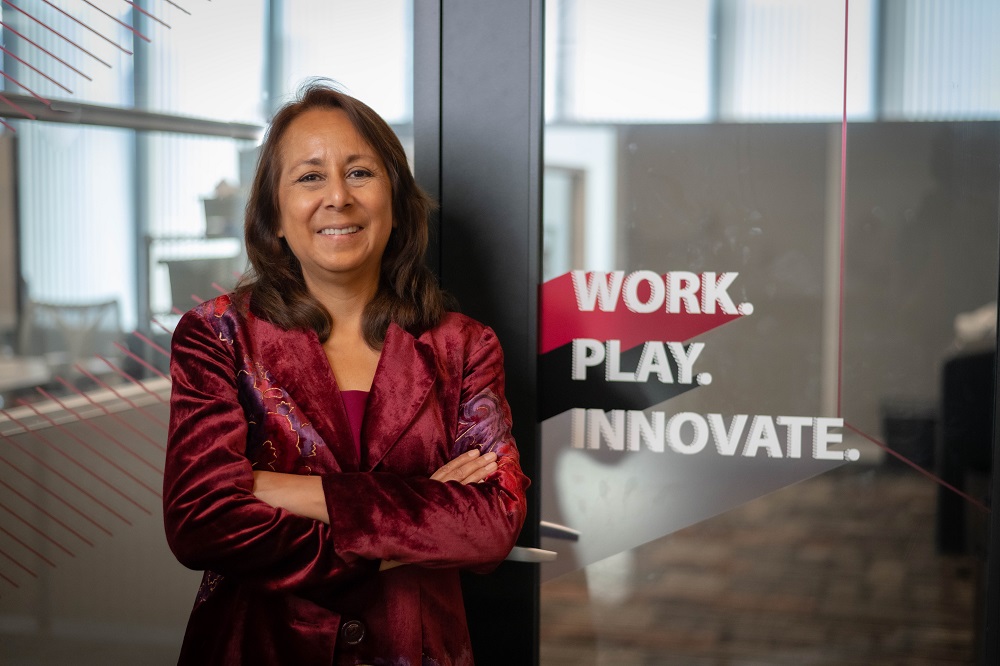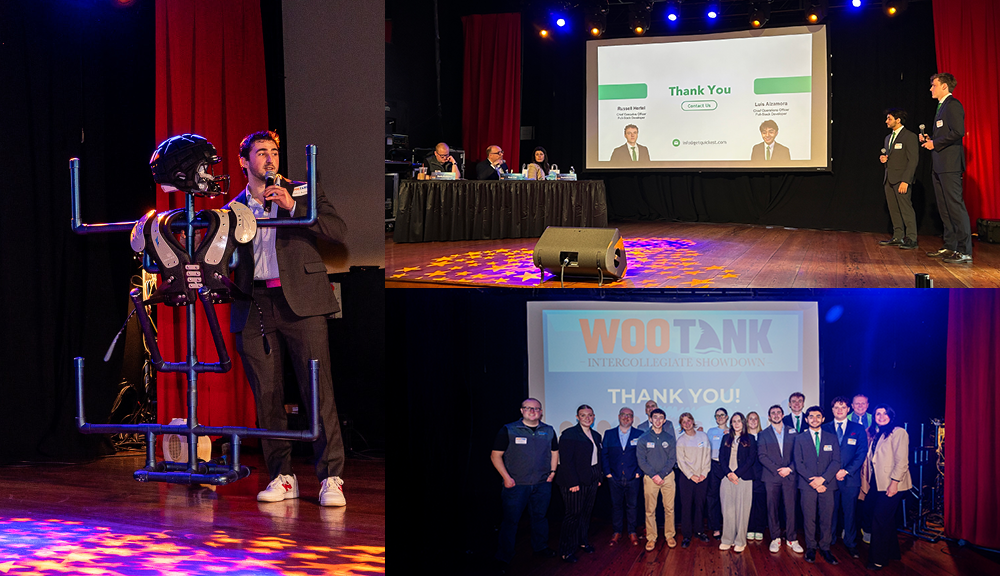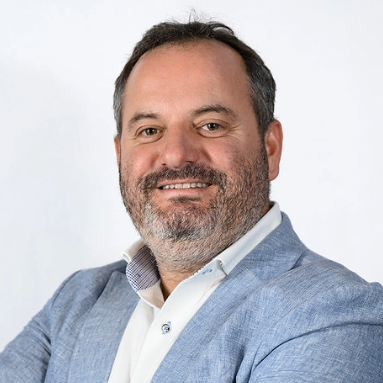Can too many mangos ever be a bad thing? Turns out, the answer is yes, and entrepreneurial teams at WPI came up with some interesting ideas this summer about how technology could address that challenge.
Mango-derived ethanol. Furniture, home accessories, and other goods custom-made from 3-D printed mango fiber. Mango-derived water filtering materials. These were the potential solutions that nine WPI students enrolled in the WPI Business Development Lab’s Goat Innovators Summer Accelerator (GISA) submitted to the Mango Challenge, an entrepreneurial competition sponsored by the Centro de Innovación at the Ciudad del Saber in Panama.
The competition, which ended July 18, sought to encourage innovation and entrepreneurship that focuses on creative and practical solutions to problems related to the harvesting, processing, logistics, and use of abundant mangos in Panama.
WPI students did not win, but the contest proved to be a useful learning experience for students enrolled in the eight-week GISA program, which is designed for students who want to launch their own businesses, says Rosanna Garcia, Beswick Professor of Innovation and Entrepreneurship in The Business School.

Rosanna Garcia
“We focused the GISA teams on the Mango Challenge because the process of developing ideas for the competition helped them learn important lessons about starting a company,” Garcia says. “We wanted students to learn the importance of understanding their customers’ needs and the environments where those customers operate. By focusing on customers, whether it’s mango growers or someone else, students learned to start businesses and build technologies that can succeed in the marketplace.”
Garcia learned about the Mango Challenge while visiting Panama early in 2024 with Debora Jackson, dean of The Business School, to learn about activities at Ciudad del Saber. Built on the grounds of a former U.S. Army base that overlooks the Panama Canal, the Ciudad del Saber has become a center for entrepreneurship in Panama.
The central issue for the WPI teams entered in the Mango Challenge was to find technological solutions that could make the most of mangos grown in Panama, especially those not processed for consumption in Panama or for export.
The WPI students—a group that included undergraduates, graduate students, and a recent graduate—settled on ideas aimed at turning mangos into new products. One group proposed a business called MangO2 Energy, which would ferment mango pits to produce ethanol that could be sold as fuel. A second group pitched Mango Bricks Panama, a startup that would process mangos for fiber that could be turned into a sturdy and environmentally friendly material for 3-D printing custom housewares, décor, and even furniture. The third group proposed EcoMango Lab, which would use mango skins to produce a bio-adsorbent material for water filtration and purification.

WPI students confer with visiting Panamanian students on Mango Challenge proposals.
The teams gained feedback about the viability of their proposals from Universidad Technológica de Panamá undergraduates who recently visited WPI during a trip to Massachusetts. The 12 students spent a day at the Business Development Lab in early June, reviewing the WPI teams’ business proposals and participating in practice business pitches.
Most of the visiting students are studying engineering in Panama, says Gladys Bernett of EducationUSA, a U.S. State Department program that promotes American higher education to students around the world.
“The Panamanian students gained an opportunity to interact with U.S. students, work together on a project, and learn about the importance of integrating engineering and business skills while studying at prestigious U.S. universities,” says Bernett, who designed the hybrid program that allowed the Panamanian students to visit the United States. “It was a positive experience for them, and the hope is that some will decide to pursue master’s and even PhD degrees in the United States.”
After practicing their business pitches with the Panamanian students, WPI teams recorded their pitches on videos that were submitted to the Mango Challenge.
In addition to focusing WPI students on the importance of customer needs, the Mango Challenge provided students with an opportunity to work on a team with international members, says Ardian Preci, director of the Business Development Lab.
“It is important for entrepreneurs to be able to work in international teams and consider viewpoints from international partners,” Preci says. “WPI students who learn that lesson will be able to apply those skills over and over throughout their careers, whether they work for others or run their own businesses.”






